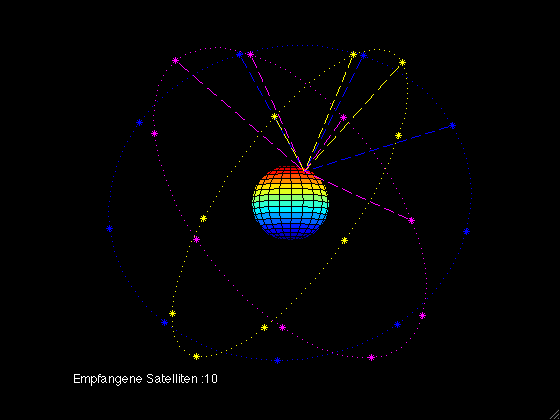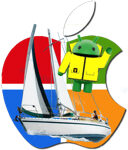Barely published, the 20 October, my previous post about iPhone 4S new GPS chipset – allowing you to receive signals from the Russian GLONASS system – in which I inserted a skeptical comment about the future of Galileo, that I see myself caught up in the news.
Not only did the first two satellites of Galileo were launched the next day 21 October with success from Kourou, but also by the Russian Soyuz launcher ! I hope you enjoy the comic of the situation…
Malgré la crise économique qui touche l’Europe, Russia giving it a launcher two times cheaper than Ariane 5, the Galileo program long postponed can finally start. Le deal est assez amusant, et d’une certaine manière rassurant. The Russian selling their launcher providing an unbeatable reliability/price report for Europeans, qui le propulsent depuis la Guyane, bien meilleur site de lancement que Baïkonour (car proche de l’Equateur). Le premier contrat consistant à mettre en service une constellation de satellites GPS qui sera, forward, concurrente du système GLONASS russe. Amusant, isn't it ? On peut appeler cela pragmatisme économique, ou mondialisation, comme vous voudrez.

Deux autres satellites sont planifiés en 2012, dix autres devraient suivre d’ici 2014. Si le calendrier annoncé est respecté, j’aurai peut-être encore la chance d’utiliser le positionnement Galileo sur mon Mac, mon iPad ou mon iPhone 😉
–––


This is really good news and rare enough to be reported this compatibility between the systems.
For Soyuz it is a common company that ensures the launch with vocation to launch other satellites than Galileo
It will still be necessary that the Apple is compatible Galileo!!!
Apple has nothing to do with it. It is the chipset that does everything, namely the reception over the wavelength decoded of Glonass. On his side, The Galileo system is planned to operate on the same wave longers as the American GPS. Thus, All GPS receivers currently on the market will receive Galileo data as soon as it issues.